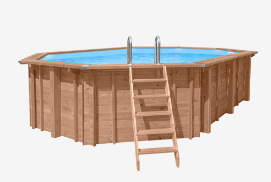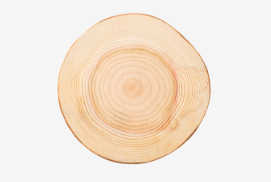Water is more than just a means to quench thirst; it’s a powerful tool for maintaining well-being and supporting the overall health of the body. Throughout history, different cultures have harnessed the benefits of water for physical, mental, and spiritual well-being. Let’s explore how water has become an essential part of health across various aspects of life.

Water Bathing in Different Cultures
Greek and Roman Baths
In ancient Greece and Rome, public baths were not only a place to clean oneself but also a social gathering spot. These baths symbolized cleanliness and purification. The Greeks believed in balancing the body’s humors through bathing, while the Romans constructed elaborate bathhouses with hot, tepid, and cold pools to promote general wellness.
Middle Eastern Hammams
The tradition of hammams or public baths is deeply rooted in Middle Eastern culture. Hammams were seen as places of social interaction, relaxation, and cleansing. With steam and heat, they were believed to detoxify the body and improve circulation.
Japanese Onsen
Japan’s famous onsens, or hot spring baths, are rich in minerals and have been used for centuries to heal ailments and promote relaxation. The Japanese believe in the therapeutic qualities of these springs, and they have become an integral part of Japanese culture and wellness practices.
Indian Rituals
In India, water has spiritual significance, and bathing in holy rivers is considered purifying for both body and soul. Ritual baths are integral to various religious ceremonies, symbolizing purification, rebirth, and healing.
Nordic Practices
The Nordic tradition of hot saunas followed by cold plunges has been practiced for generations. This extreme temperature contrast is believed to stimulate blood circulation, boost the immune system, and provide mental clarity.
The Kneipp Cure
Dr. Sebastian Kneipp (1821–1897) was a Bavarian priest and naturopathic practitioner. He is often referred to as the “Water Doctor” due to his groundbreaking contributions to hydrotherapy. Kneipp himself experienced a remarkable recovery from tuberculosis using water treatments, which inspired him to delve deeper into natural healing methods.
Kneipp’s approach to hydrotherapy was based on the principle of stimulating the body’s natural healing mechanisms through controlled exposure to water, both hot and cold. He developed a comprehensive system known as the “Kneipp Cure,” which incorporated various water-based treatments.
Proximity to Nature for Stress Relief
Being near water or immersed in it often brings a profound sense of calm and relaxation. The soothing sounds of flowing water, the tranquil sight of a serene lake, or the gentle waves at a beach can all contribute to stress relief. Many people find solace in natural water settings, attributing a therapeutic quality to these environments.
Medical and Biological Benefits of Water
Low-Impact Exercise
Water provides a buoyant environment that reduces the impact on joints and muscles, making it an excellent choice for people with conditions like arthritis or those recovering from injuries. Swimming and aquatic exercises can improve cardiovascular fitness and muscle strength without putting excessive strain on the body.
Full-Body Workout
Activities like swimming engage multiple muscle groups simultaneously, providing a comprehensive workout. The resistance offered by water increases the intensity of movements, leading to improved muscle tone and overall body strength.
Stress Relief
Being in water can have a calming effect on the mind and body. The sensation of floating and the gentle pressure of water can help reduce stress and anxiety, promoting relaxation and mental well-being.
Improved Flexibility
The buoyancy of water allows for greater range of motion and flexibility compared to exercises on land. This can be particularly beneficial for individuals who struggle with stiffness or limited mobility.
Enhanced Circulation
Immersing yourself in water can enhance blood circulation. The pressure from the water can aid in moving blood throughout the body, which can be beneficial for cardiovascular health and reducing swelling.
Conclusion
Health through water is a concept deeply ingrained in human history and culture. From the therapeutic baths of various civilizations to the soothing effect of natural water bodies, water continues to be an essential component of well-being. Embracing the medical and biological benefits of water can lead to a healthier and more balanced life. So, whether it’s a dip in the ocean, a swim at the pool, or a visit to a historic bathhouse, let water be your pathway to health and tranquility.
















